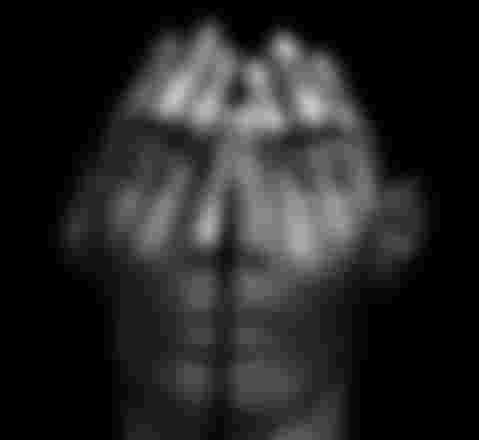Authenticity: You Can't Be Everything You Want, But You Can To Be Everything You Are
Lately, I often catch myself on the word "authentic". I like it. Graceful, pleasant and full..
I say "authentic" when I feel a slight harmony, a pleasant correspondence between the external and my internal state.
I say "authentic" when I don't feel anything superfluous or false.
I say “authentically” in a state when with all my nature I feel the infinite fullness of life, dissolve in the present, and enjoy the all-consuming state of “I am”..
The word “authentic” (ancient Greek αὐθεντικός - genuine) means “real, original, genuine”, and refers to the correctness of beginnings, properties, views, feelings, intentions. Authentic is based on primary sources. In a broader sense, it is equality, adequacy to each other.
Concepts such as congruence, self-actualization, selfhood and integrity are very close to the word authenticity in psychology and philosophy. They raise questions personality of a person, his choice, values and meanings.
Authenticity in psychology is a harmonious combination of what is happening inside and what is expressed outside. This is an internal and external correspondence of thoughts, feelings, words and actions.

Being an authentic person means finding yourself and finding your place in this world. When a person refuses various social roles in society, and behaves naturally, in accordance with his true "I", he is called authentic.
Sincerity has always been the greatest value in my life for me. But this applied, to a greater extent, to the sphere of relationships with others.
Now I understand that being sincere with yourself is just as important.
After all, I'm not always honest with myself. It is often easier for me to get away from my own interests, to step over my desires, just to remain what I want to appear in the eyes of others. And from this my authenticity, integrity and satisfaction from life are lost ..
Losing yourself
There is something inside every person that prevents him from being himself. It is, in a sense, part of the instinct for self-preservation.
We direct him to avoid the fear of misunderstanding, disapproval, rejection - in a word, social isolation and alienation.
Realizing how sometimes the price is high that individuals or society will have to pay for their decision to always be completely and completely themselves, we adapt to generally accepted norms, rules and conditions. And we use various excuses and defense mechanisms that hide our truth about ourselves and prevent us from achieving authenticity.
And we become what we think others want us to be.
We get so used to pretending to others that we end up pretending to ourselves.
And gradually we lose our authenticity - the ability to hear ourselves and do what brings us joy and harmony. And denying, we forget some part of ourselves, a part of our essence.. the most important part, which is our true "I".
But as Marcus Aurelius noted: "The task of life is not to be on the side of the majority, but to live in accordance with the internal law that you understand."
Be authentic
Authentic people have three important characteristics: they know themselves, take responsibility for their decisions, and know how to be themselves.
Genuine people behave in a certain way, which distinguishes them from others.
Don't pretend to be what they are not. Many people pretend that they are not who they really are - that they are more famous, richer, or more successful than they really are. Authentic people always remain themselves. They do not hide what they have and do not claim what they do not have.
Don't fake your feelings. Authentic people do not hide their feelings or pretend to feel something that is not really there. If they are upset, they show it. If they do not love someone, then let the person know about it. They express their feelings honestly and openly, without fear of possible consequences.
Don't compare yourself to others. We are all unique. We have a variety of abilities, aspirations, and resources that we need to be successful and happy in life. That is why our life paths and achievements cannot be compared with what other people have.
Don't lie. Insecure people do not know the value of their words, they lie so easily and willingly that it becomes second nature for them. But real people always tell the truth, because they know that lying and deceit destroy trust in a relationship.
Don't dwell on the past. Real people live in the present. They don't let the past dictate their future.
Prevent others from making decisions for themselves. Authentic people take responsibility for every decision and action they make in their lives, regardless of whether the result is positive or negative. And do not blame others for their own mistakes.
According to one of the fundamentals of the humanity of Karl Rogers, authenticity is the ability to be a creator own life, this is a complex phenomenon that involves understanding oneself, the desire to determine and satisfy one's own needs and, at the same time, the ability to coexist harmoniously with others. Rogers believed that the ability to live a harmonious life, which has a purpose and meaning, and to draw authenticity in every moment is paramount for a person.
To help his patients, Rogers developed a new method of psychotherapy called client-centered therapy. The method is based on the idea of personality acceptance: people who feel that they are accepted as they are, stop pretending to themselves and their neighbors, do not strive to appear as who they are - instead, they begin to listen to the inner voice and their decisions become more authentic. And then their life changes dramatically, is filled with meaning, acquires a purpose..
Can you call your life authentic?
And if not, why not?
